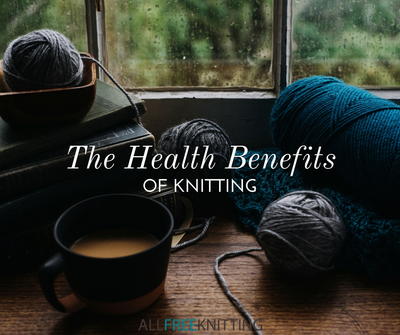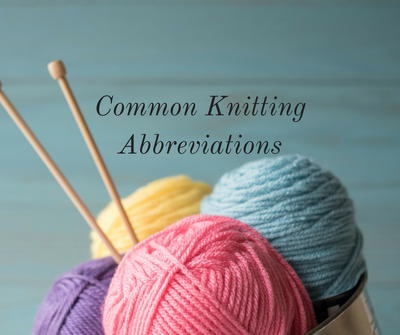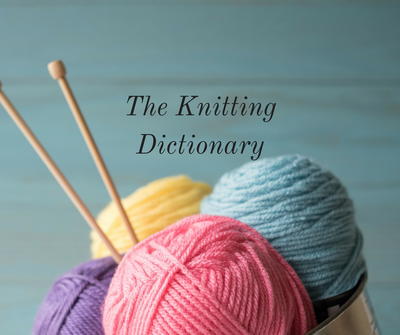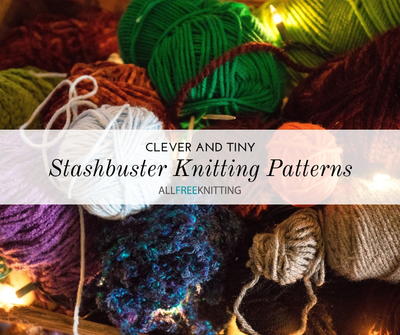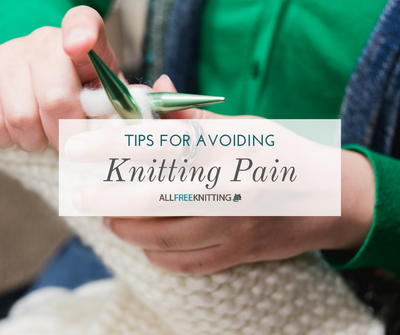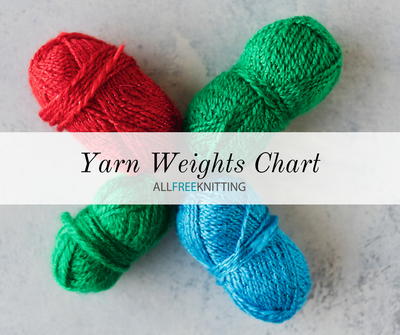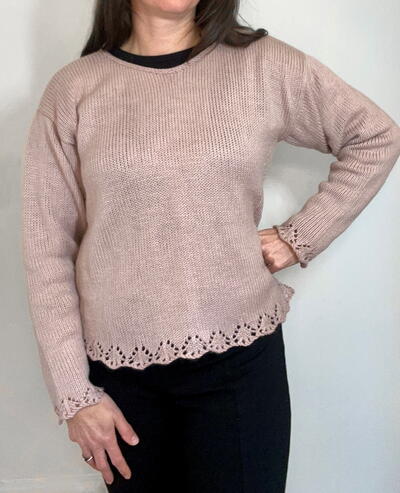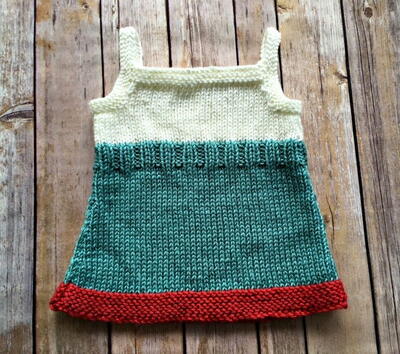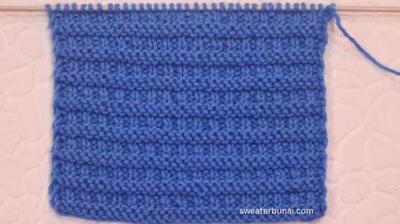The Health Benefits of Knitting
Knitting offers a number of health benefits you may not be aware of. Learn how your favorite hobby is also improving your overall well-being.
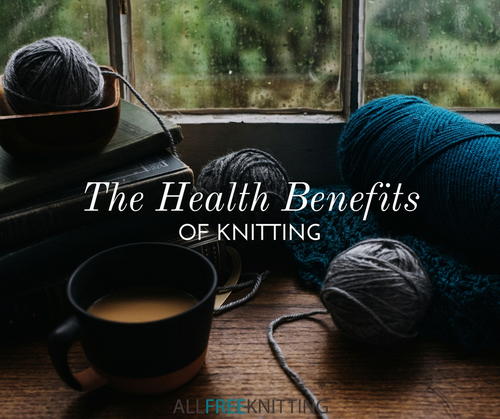
Knitting is a wonderful hobby, don’t you agree? There's nothing that quite compares to the feeling of accomplishment you get when you complete a knitting project, like this super easy knit scarf pattern. But, in addition to knitting being a fun hobby, did you know that it also has several health benefits? Keep on reading to learn more about how knitting keeps you healthy!
A study conducted at Otago University in New Zealand found people who participate in arts and crafts such as knitting feel happier, calmer, and more energetic the next day. These findings support the emerging emphasis on everyday creativity as a means of cultivating positive psychological functioning. This can all be especially important if you feel your mental health is waning due to long periods of being stuck inside for other issues that may be related to your health.
Even the folks at Lion Brand believe the health benefits of knitting are seemingly endless, including relief from depression, reduced anxiety, increased self-esteem, and a reduction in irritability and restlessness, among others. So, the next time you pick up your knitting needles and a skein of yarn, you can feel good knowing you’re simultaneously expressing your creativity and boosting your overall health.
Read below to learn how knitting specifically affects various areas of one's health. Knitting has a number of wonderful benefits, so we discuss everything you need to know.
Knitting Relieves Depression
Depression relief is by far the most reported and studied benefit of knitting. The repetition of knitting has been shown to release serotonin, a natural anti-depressant. CNN reported on a study conducted by The British Journal of Occupational Therapy of more than 3,500 knitters. Of those knitters, 81% of respondents with depression reported feeling happy after knitting, while more than half reported feeling "very happy."
Knitting provides much-needed relief from depression.
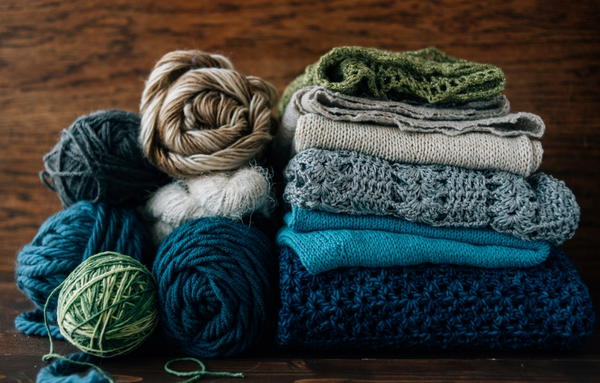
Knitting Reduces Anxiety
Knitting helps with various forms of anxiety. The craft keeps your hands busy and your mind focused - allowing you to attend classes or events with others even if you have social anxiety. Knitting also calms the internal mind when you're dealing with the anxiety of repetitious thoughts. The counting involved with knitting has even been shown to serve as a productive outlet for people with the anxiety associated with Obsessive Compulsive Disorder (OCD) and eating disorders. According to a study reported on by the Craft Yarn Council, nearly three-fourths of women with anorexia found knitting to be calming and anxiety-reducing.
The repetitive actions and counting associated with knitting reduces several different types of anxiety.
Knitting Projects Build Self-Esteem
Not surprisingly, low self-esteem has a variety of negative health impacts. Crafting helps build self-esteem by fostering new skills, giving the crafter an outlet to feel productive, providing a useful way to give to others, and creating beauty through self-expression, among others. The act of visualizing, working on, creating, and completing a project is immensely rewarding and can help people dealing with the fear of job loss, loss of a family member, or negative interactions in close relationships.
Knitting can boost your self-esteem and help you build the skills you need to overcome difficult life circumstances.
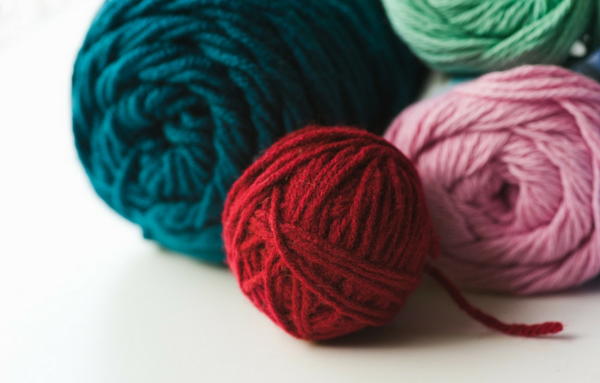
Knitting May Reduce or Postpone Dementia
Age-related memory loss, also referred to as dementia, can be reduced or postponed via knitting. Yarn crafts can also be soothing for individuals who are already experiencing signs of dementia. A study conducted by researcher Yonas Geda, MD, a neuropsychiatrist at the Mayo Clinic in Rochester, MN found knitting in midlife cut the risk that people would develop memory loss in their 70s or 80s by more than one-third. And if you've already turned 70 or 80, it's not too late to benefit from exercises that stretch the brain. In later years, craft activities lowered the chance of memory loss by about one-third.
Age-related memory loss can be reduced or postponed by craft activities such as knitting. Exercising your brain in novel ways is key later in life.
Knitting Can Help You Sleep
Did you know knitting can actually help you sleep? For those suffering from insomnia, a soft, soothing, repetitive knit project helps your body and mind wind down enough to go to bed. According to an article published by LoveKnitting, getting up and knitting a few rows to clear your head can help you sleep - especially if you've been tossing and turning for more than 20 minutes. Scientists suggest more than 20 minutes of restlessness can disrupt your sleep cycle.
Limit your sleep-knitting to plain garter or stocking stitch and you will be helping your brain and body calm down and prepare for a good night's sleep.
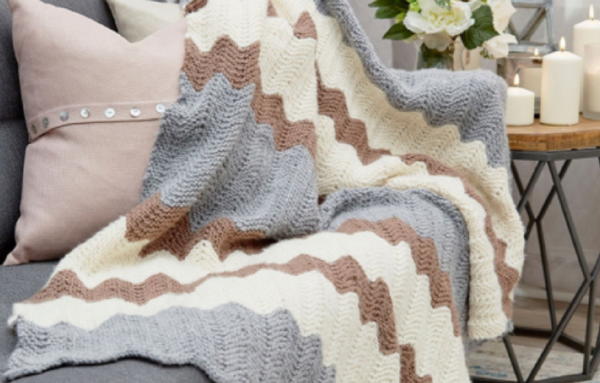
Knitting as Prayer
The power of prayer is expansive. In fact, prayer has been proven to have a diverse array of health benefits. The good news is knitting can be used as part of your prayer process. As you work up a prayer shawl or chemo cap, you can recite happy thoughts and incorporate them into every stitch. The feeling you get when you deliver the item to someone in need will surely boost your mood and overall well-being.
Praying while you knit has a soothing, calming effect. Plus, you can't beat the feeling of satisfaction when you present your finished project to someone in need.
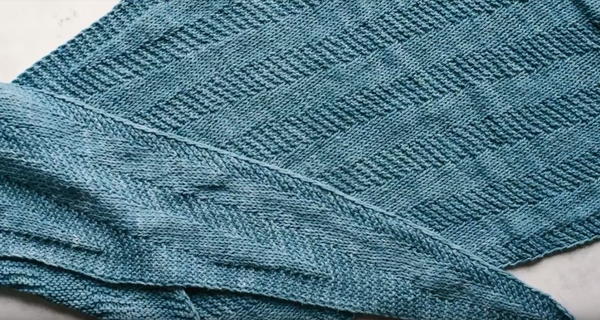
Stress-Busting Benefits of Knitting
Everyone experiences stress to varying degrees. Whether you're dealing with a high-pressure job or personal family strife, stress is one of our leading health problems. Its effects can be widespread, including fatigue, migraines, heart failure, and early memory loss. It's no surprise reducing stress reduces disease. Using knitting as a form of meditation can be a daily way to minimize the negative effects of stress in your life. A Craft Yarn Council research survey of 3,100 subjects found stress reduction in 85% and mood improvement in 68% of the group.
Even people in the national spotlight use fiber arts to relax! Judge Ketanji Brown Jackson recently shared that she crochets and knits to manage stressful situations, such as judicial confirmation processes. With support from her crochet expert mom, Jackson crafts hats and scarves to express her creativity and reduce stress.
In addition, an article published by Red Heart notes relaxed, repetitive motions such as the ones used in knitting can help calm down the body and the brain. The actual motions required for a knitting pattern can help boost your mood. Plus, knitting in a group, either formally or informally, can combat loneliness and isolation.
Combat the negative effects of stress in your life by using knitting as a daily form of meditation. Reducing stress reduces disease and your yarn and needles can help!
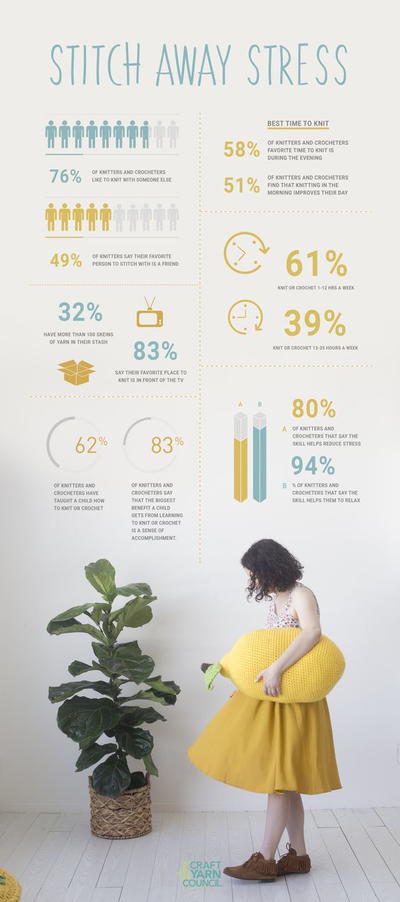
Up Next:
10 Interesting Things to Knit When You're Bored
What is your favorite health benefit to knitting?
Read Next29 Tips for Avoiding Knitting Pain
Your Recently Viewed Projects
The Designing Peng uin
Jan 16, 2017
I hadn't thought about the health benefits of knitting for years, but a neurologist many years back trying to diagnose me suggested I take up knitting for relaxation. I was to knit back and forth - no pattern and no intent to create, merely take a ball of yarn and knit back and forth until it was used up, then tear it out and start over... no thinking, just knit back and forth. No way would I find that relaxing LOL knitting to achieve nothing would be stressful beyond imagining. Knitting to create now, that I think of it, is relaxing and beneficial...easy to tell that doctor knew nothing of knitting
amanda
Apr 04, 2021
I began to develop rheumatism in my shoulder and thumb and my physiotherapist in reply to me saying I had, had to give up knitting, urged me to immediately start again. I am in my late seventies and for the past 4 years have followed this advice and find that, my arms are still well toned,, my shoulder pain has almost disappeared and my fingers are as nimble as ever!
Report Inappropriate Comment
Are you sure you would like to report this comment? It will be flagged for our moderators to take action.
Thank you for taking the time to improve the content on our site.

